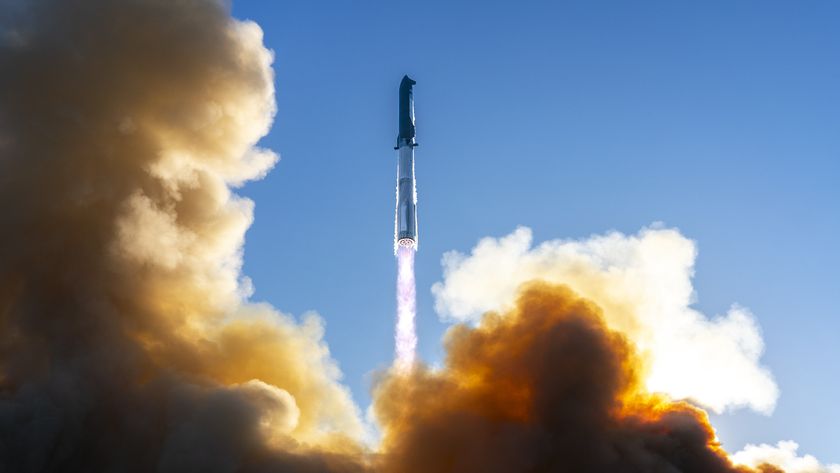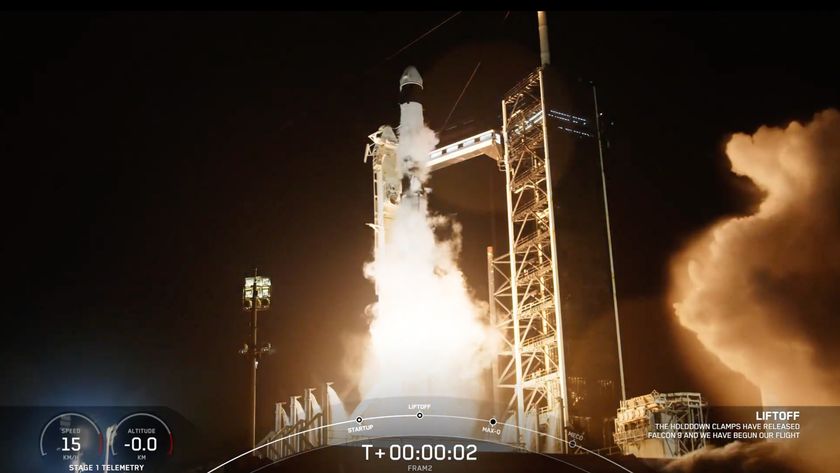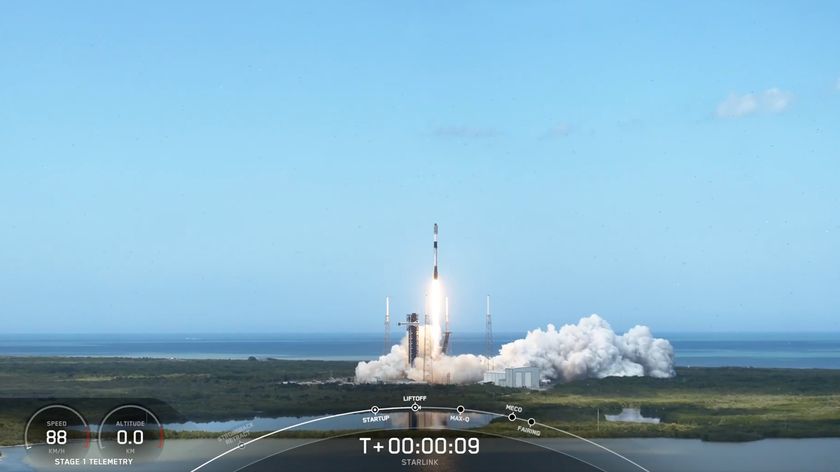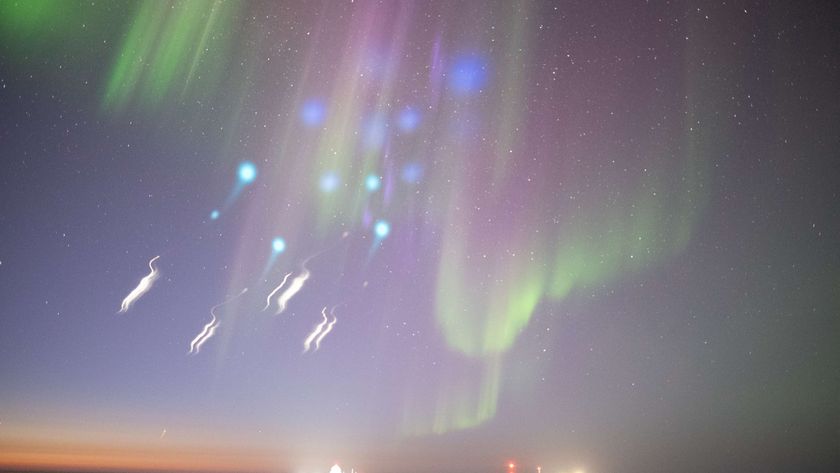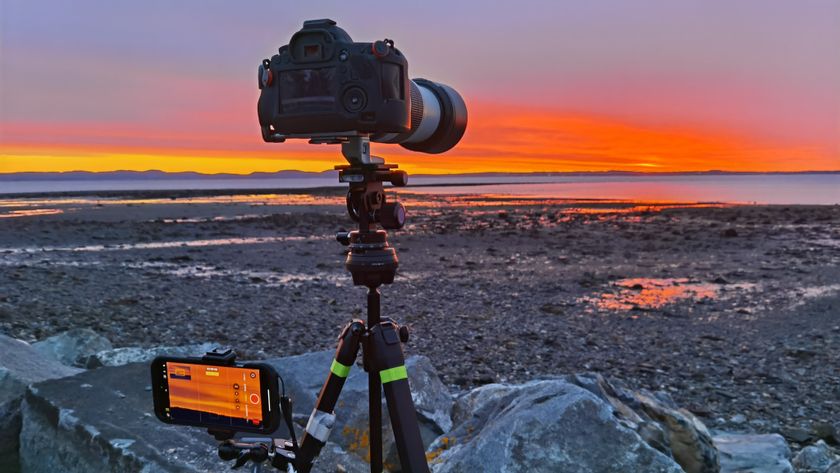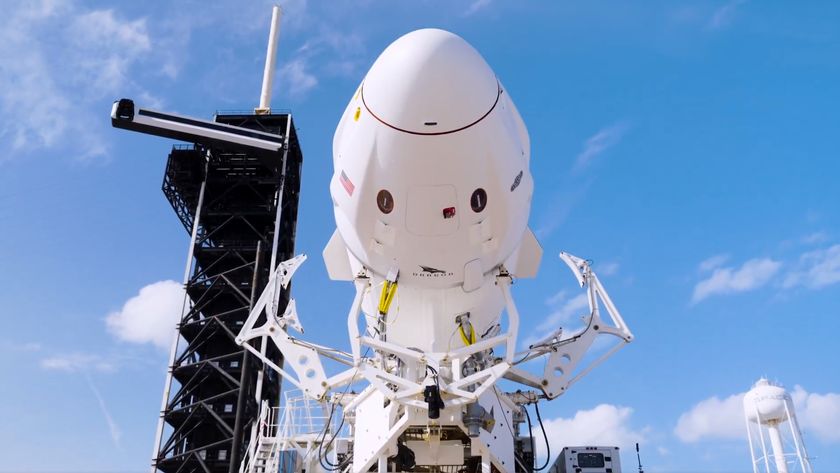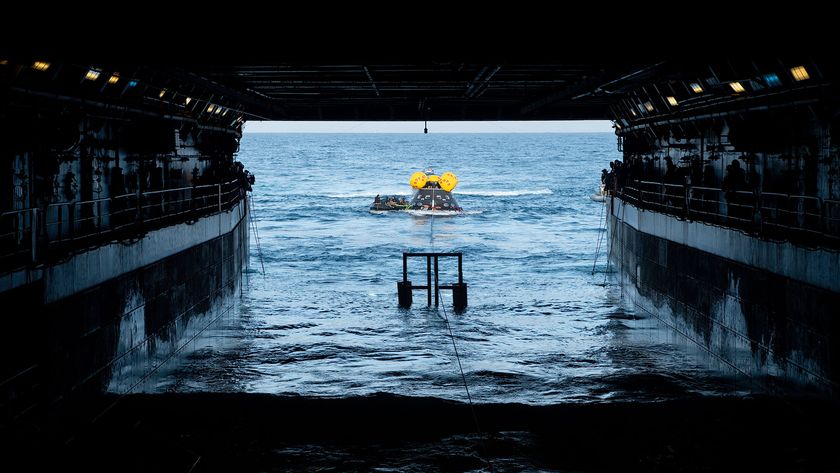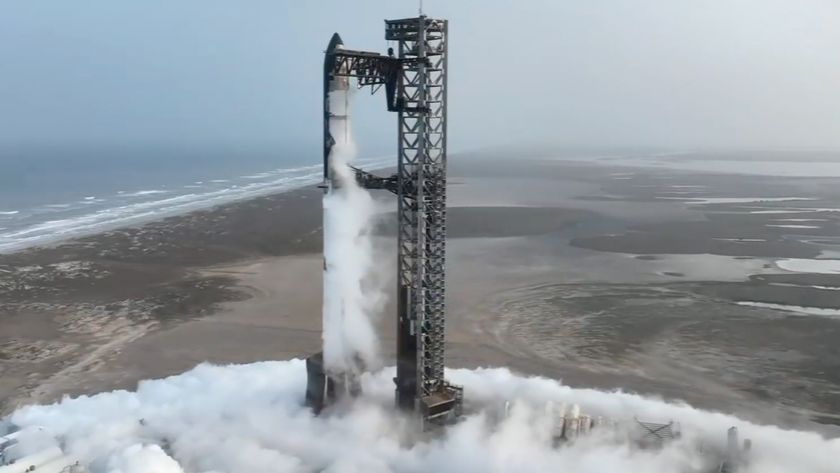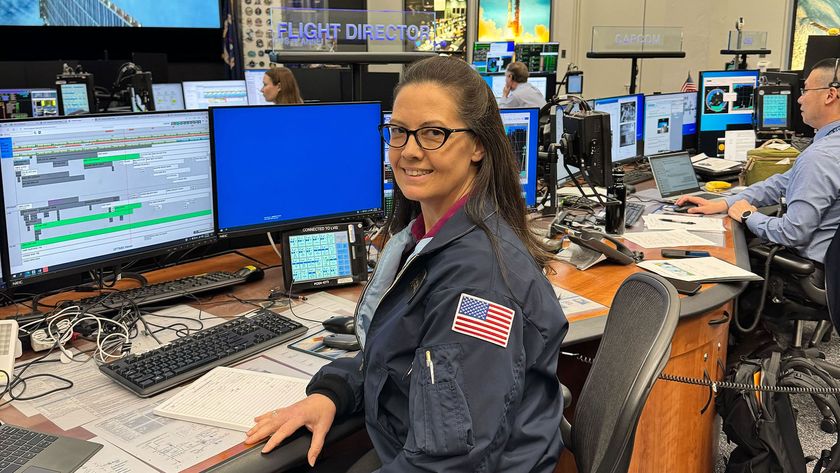Space Shuttle Discovery's Retirement Plan in Limbo
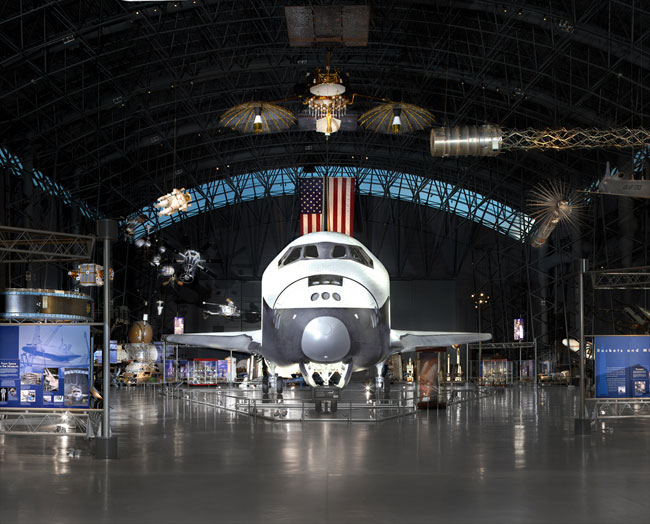
Space shuttle Discovery is readyto fly its final flight this week, but where it will make its last landing isstill up in the air.
Long thought destined for theSmithsonian, NASA's oldest flying orbiter may actually endup elsewhere unless the Washington, D.C. institution can find the millions ofdollars needed to prepare Discovery for delivery and display, collectSPACE.com has learned.
The first of NASA's threeremaining space shuttles set to retire after flying its last mission ? STS-133,scheduled to launch Nov. 3 at 3:52 p.m. EDT (1952 GMT)? Discovery has beenidentified by NASA since 2008 as being setaside for the Smithsonian.
"The National Air and SpaceMuseum has been offered the space shuttle Discovery," NASA spokesmanMichael Curie told collectSPACE.com almost two years ago when the agency firstannounced it would award its three orbiters ? Discovery, Atlantis and Endeavour? to museums.
Like the 20 other organizations that applied to NASAfor a retired orbiter though, the Smithsonian's National Air and Space Museum wouldneed to pay the then-estimated $42 million to prepare and transport Discoveryto the museum, Curie said.
The cost, which was lowered to $28.8million in January of this year, is still beyond the Smithsonian's reach andNASA is not in the position to underwrite the cost, sources close to both theinstitution and space agency told collectSPACE.com.
"What if" theSmithsonian cannot afford Discovery
Get the Space.com Newsletter
Breaking space news, the latest updates on rocket launches, skywatching events and more!
"At this point, we're not ina position to go down the 'what if' road," said Robert Jacobs, NASA's deputyassociate administrator for communications.
"There have been discussionsbetween NASA and the Smithsonian about the issue," Jacobs said, "butI am not sure they are on-going at this point because the process has been puton hold."
According to Jacobs, NASA administratorCharles Bolden will ultimately make the final decision, but he has tabled alldiscussion of where Discovery or any of the orbiters are going for museumdisplay. [Gallery:Building Space Shuttle Discovery]
"We've had a lot of otherthings on the agency's plate besides where the orbiters are going to go,"said Jacobs. "The agency is focused on safely flying out themanifest."
Originally, NASA had said it wouldannounce the homes for the shuttles by the end of the summer, but schedulechanges ? including the delay of Endeavour's final flight to February and thepossible addition of another flight for Atlantis in June 2011 ? resulted in theagency delaying the news.
"They were pushing toward adecision, and [then] decided not to," said Jacobs.
The postponement has led toincreased speculation inside and outside of NASA. According to sources internalto the agency, whether Discovery still goes to the Smithsonian changes on aweek-by-week, if not day-by-day basis.
Inappropriate to comment
After initially agreeing toprovide interviews in support of this article, the Smithsonian refused commentand instead provided a brief written statement?
Continue reading at collectSPACE.com to learnthe Smithsonian?s response and the opinion of Discovery?s final commander.
- Gallery:Building Space Shuttle Discovery
- Video? Space Shuttle Discovery: A Retrospective, Part2, Part3
- NASADelays Deciding Where Retired Space Shuttles Will Be Displayed
Copyright2010 collectSPACE.com. Allrights reserved.
Join our Space Forums to keep talking space on the latest missions, night sky and more! And if you have a news tip, correction or comment, let us know at: community@space.com.

Robert Pearlman is a space historian, journalist and the founder and editor of collectSPACE.com, a daily news publication and community devoted to space history with a particular focus on how and where space exploration intersects with pop culture. Pearlman is also a contributing writer for Space.com and co-author of "Space Stations: The Art, Science, and Reality of Working in Space” published by Smithsonian Books in 2018.In 2009, he was inducted into the U.S. Space Camp Hall of Fame in Huntsville, Alabama. In 2021, he was honored by the American Astronautical Society with the Ordway Award for Sustained Excellence in Spaceflight History. In 2023, the National Space Club Florida Committee recognized Pearlman with the Kolcum News and Communications Award for excellence in telling the space story along the Space Coast and throughout the world.

